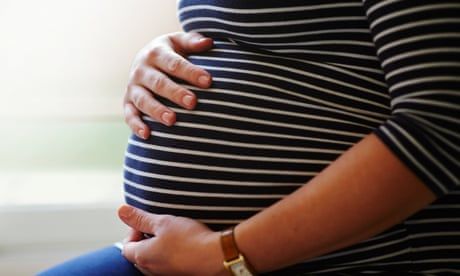
If birth rates are falling it could be down to choosing childlessness, rather than economics or infertility
There are more people dying in the UK every year than there are people being born. It’s a stark news story to read over toast, containing as it does all of life and all of death, and the shape and perfume of ancient fables, so I read it again, with tea. Even after stripping out the numbers of excess deaths during Covid, there were an estimated 16,300 fewer births than deaths in the year to mid-2023, the first time this has happened since the 1970s. A recent Lancet study suggests the world population will fall within decades, for the first time since the Black Death. Elon Musk, who has 11 children (although he might say fewer: he claimed his transgender daughter was figuratively “dead”), has described “population collapse” as “a much bigger risk to civilisation than global warming”, and joins a growing chorus warning of the death of birth.
The statistic sounds dramatic perhaps, but it’s not a huge surprise. As women gain access to contraception (which correlates with higher levels of education and countries becoming more wealthy), they tend to have fewer children. Yet still, every story on the subject is framed in 50 shades of panic, with experts being interviewed about the reasons behind the drop in births in empty playgrounds beside, perhaps, peeling circus posters. The reasons typically given are economic – housing costs, salary stagnation, insecure employment, the weight of student loans, childcare fees and government policies that punish parents – with a marked shift from the conservative messaging of my youth. Where they used to lambast young mothers for their vile irresponsibility, now they’re telling off older childfree women for ruining the world. But while the economic reasons for people not having kids are real and infuriating and sorry, libido-sapping, there is another crucial reason that these experts seem less keen to touch.
Continue reading...